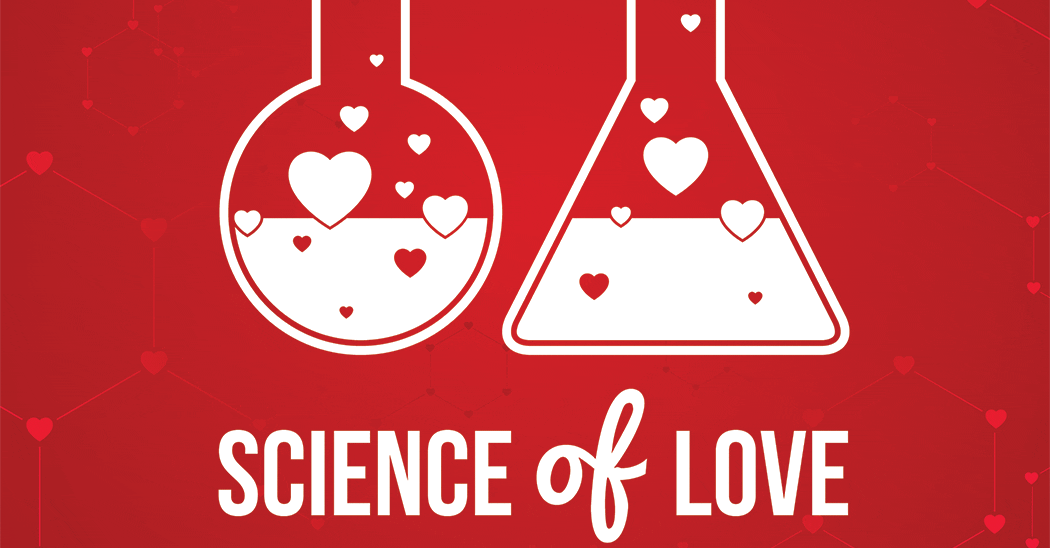Possible Preaching Themes
Possible Scientific Resources
- Reporting God’s work is a way of giving thanks (Acts and Psalm)
- The “new” is impossible by the “now” standards (Revelation)
- Obeying the new commandment, love (John)
- Giving thanks
- what is gratitude? one definition (recognition of positive outcome, recognition of external source for that outcome) is perceivable in Acts 14:21-27
- what are the individual and social benefits of giving thanks?
- how can interventions or specific practices help us nurture the spiritual discipline of giving thanks?
- A new human nature without tears and crying
- Three types of tears, a short video: https://youtu.be/keMF8YzQoRM
- Biological and social possibilities for how crying works https://science.howstuffworks.com/life/inside-the-mind/emotions/crying.htm
- Why do we cry? Getting rid of pain and other benefits of crying https://www.medicalnewstoday.com/articles/319631
- Implications of the absence of crying: no reasons to cry (no need for eye protection, no contaminants that will activate tears, no emotions—positive or negative—or no need to communicate emotions)
- Given the science of tears and crying, the inability to cry in the biblical text suggests that human nature itself will be altered biologically and socially, a new human nature for a new heaven and earth.
- Obey, Love, Glorify
- What is love? https://cct.biola.edu/science-of-love-faith/
- Can love be learned? love as learned emotional response https://www.themarginalian.org/2014/06/30/leo-buscaglia-love-2/
- How do we learn to love and be loved? https://www.psychologytoday.com/us/blog/life-refracted/201902/learning-love-and-be-loved
- What are the pros and cons of the chemistry of love? https://sitn.hms.harvard.edu/flash/2017/love-actually-science-behind-lust-attraction-companionship/
Homily Outline Combining Resources
Homily Outline: Love, Obey, Glorify
- Can love be commanded?
- If love is an emotion that one feels or not, then it is unfair from Jesus to command us to love.
- Jesus new commandment to love one another as he loved his disciples suggests that it is possible to learn to love.
- What is love?
- The love Jesus references is agape (John 13:34), that can exist between people who are not related as family. Agape is different from erotic love (romantic and sexual love), affection (love among family members), and filial love (love among friends).
- While most research on love focuses on romantic love, research also explains the connections or overlap between different kinds of love from a biochemical standpoint. One possible classification is: lust, attraction, attachment. Each one releases different kinds of chemicals in the brain, which humans come to understand as feelings.
- Attachment is the kind of love that couples “feel” when they have been together for a long time. Attachment is the predominant factor in long term relationships including romantic, social, and parent-child relationships as well as friendships. The main hormones related to attachment are oxytocin and vasopressin. From a biochemical perspective, attachment is what the ancient Greek culture called agape, storge, and philia.
- Oxytocin is a “bonding” hormone rewarding and assuring future desire of attachment. On the positive side, oxytocin reinforces positive feelings towards family, friends, and significant others. On the negative side, oxytocin may reinforce ethnocentrism, reinforcing positive feelings towards pre-existing affinity groups.
- Learning to love
- Many sciences agree that love, romantic or otherwise, can be learned.
- Author and educator Leo Buscaglia argued that “Love is a learned, emotional reaction. It is a response to a learned group of stimuli and behaviors.” Love is a learned behavior. https://www.themarginalian.org/2014/06/30/leo-buscaglia-love-2/
- To learn to love, one must find out what love is, what qualities make up a loving person, how are these qualities developed. Learning to love takes work. It should not be left to chance. Buscaglia believes it “is learned best in wonder, in joy, in peace, in living.”
- Psychologist Roni Beth Tower suggests that humans are wired to love but need to learn to give and accept love https://www.psychologytoday.com/us/blog/life-refracted/201902/learning-love-and-be-loved
-
- Tower recommends developing a loving relationship with ourselves so that we can direct our loving hearts outwards.
- humans may learn to love themselves through practices of honoring themselves such as: observe themselves with curiosity, pay attention, offer compassion.
- Then humans are able to direct love out to babies, family, friends, people they take care, romantic partners, their passions, pets, places, the world.
-
- Obeying the commandment
- Biochemists clarify how human brains respond to stimuli producing feelings and behaviors that people label as love. Educators and psychologists show that most humans learn to love (or not) through their relationships. This learning happens in an unstructured, unintentional, often unconscious way.
- Jesus was intentional in modeling love of neighbor. Jesus honored himself and others with curiosity, attention, compassion, and kindness. He practiced compassion and kindness through healing, preaching, and commensality. He nurtured attachment with followers and disciples of all genders, with people high and low in social and religious hierarchies, with those welcomed and those excluded from society. Jesus underscored this modeling when he said, “as I have loved you.”
- Humans are wired to love but must intentionally learn how. Humans who have not been loved or taught to love can intentionally learn. That we can learn to love and be loved is good news!
- Jesus gave a new commandment after he showed how doable it is to follow it, after his followers had experienced attachment and felt those bonding and effects of those happy hormones. They knew how but had to keep practicing it.
- People who do not know how to love can still learn. Christians can learn to give and receive love by studying what qualities rendered Jesus as a loving person, how his qualities developed, and by practicing his ways of honoring self and others.
- It is right and just to give God thanks and praise by obeying Jesus’ commandment to love one another as Jesus loved his followers. Obeying the new commandment is a great way to glorify God.
Related Homily Outlines
Couldn’t find what you’re looking for?
Try searching with another filter

Preaching with Sciences

Edward Foley, Capuchin
Duns Scotus Professor Emeritus of Spirituality
Professor of Liturgy and Music (retired)
Catholic Theological Union
Vice-Postulator, Cause of Blessed Solanus





